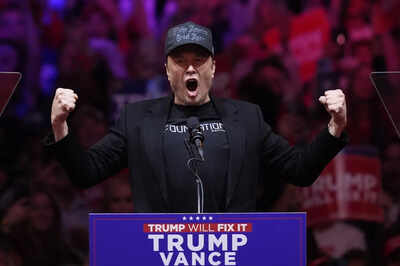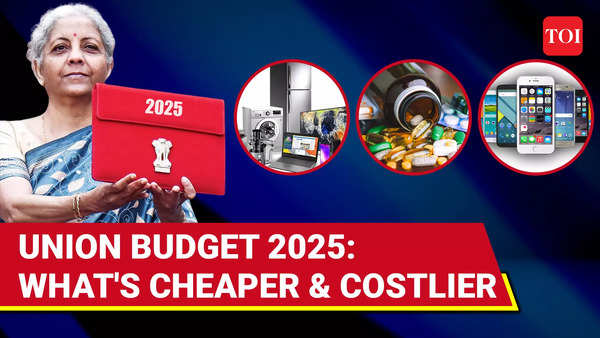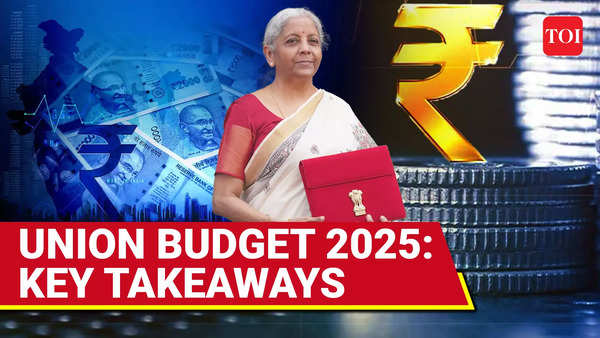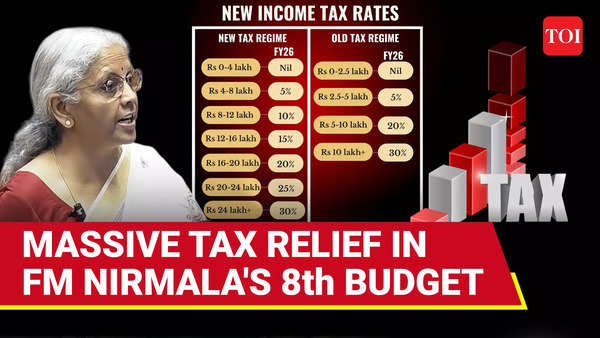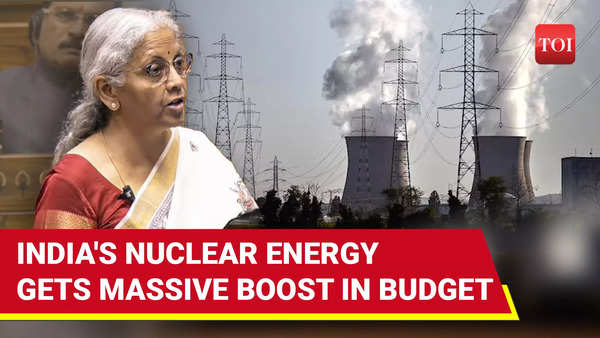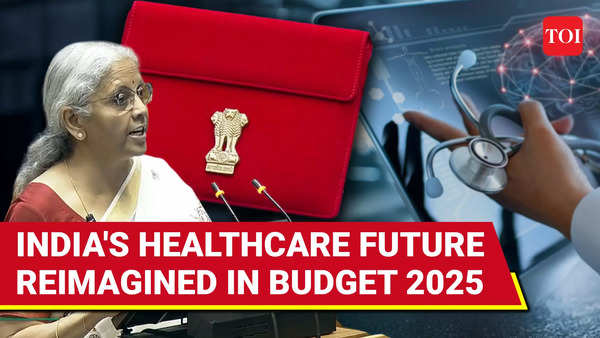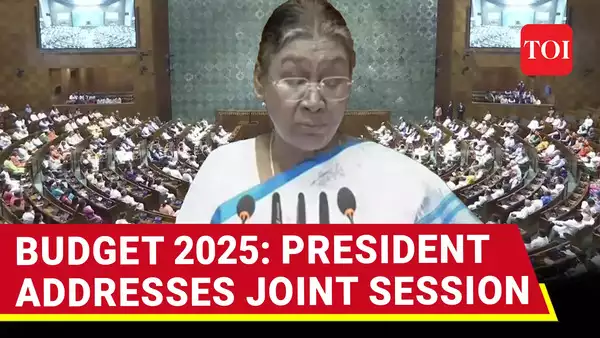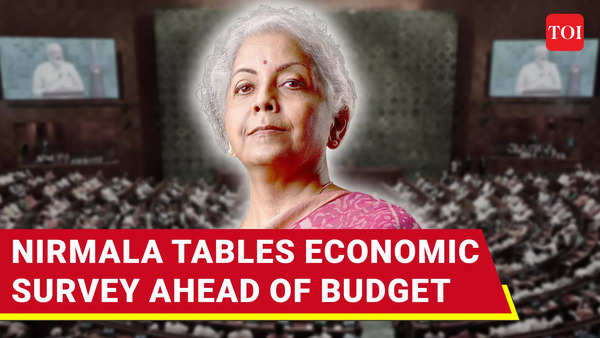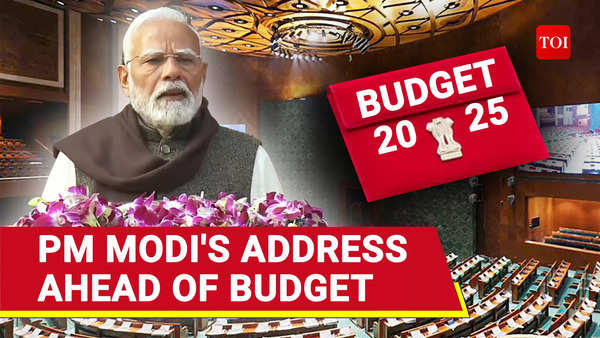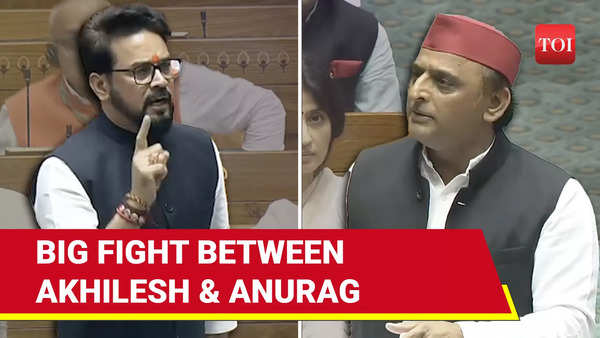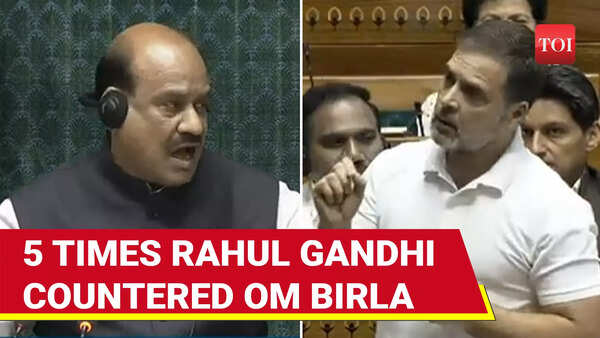- News
- World News
- US News
- Elon Musk's massive $119 million bet on Trump in White House
Trending
This story is from November 4, 2024
Elon Musk's massive $119 million bet on Trump in White House
Elon Musk's foray into US politics has drawn scrutiny as he pours millions into supporting Donald Trump's presidential campaign. His actions, including potential voter outreach initiatives and alleged communication with Vladimir Putin, have triggered legal and regulatory investigations. While Musk claims bias from the Biden administration, his political involvement raises concerns about conflicts of interest with his companies' government contracts.
Elon Musk, the owner of Tesla, SpaceX, and social media platform X, is now a major force in the upcoming US presidential election by supporting former Republican Donald Trump’s campaign with at least $119 million.
Beyond financial backing, Musk has amplified pro-Trump messaging on X, raising concerns about the role of ultra-wealthy individuals in the democratic processes of a nation.
According to WSJ Musk’s strong political presence has sparked significant legal and regulatory scrutiny. Last week, he failed to appear at a hearing regarding his proposal to distribute millions to registered voters—a move some legal experts argue could be construed as vote-buying.
On the other hand, he is facing investigations from the Securities and Exchange Commission (SEC) and other regulatory bodies, because of Musk’s alleged communications with Russian President Vladimir Putin.
Musk also leads America PAC, a group dedicated to mobilising Trump supporters. His public alignment with “Dark MAGA” ideology highlights his firm commitment to Trump’s candidacy.
However, despite his significant investment, the PAC has encountered operational challenges. In battleground states such as Georgia, Republican activists report minimal voter outreach efforts. Allegations of falsified canvassing data in Nevada and other states have also come out, leading Musk to bring in new advisors to address these concerns.
These political activities could affect Musk’s businesses. Tesla faces regulatory investigations from both the National Highway Traffic Safety Administration and the Department of Justice, while X is under review by the Federal Trade Commission.
Musk has claimed these investigations reflect Biden administration bias, hinting that a Trump win could ease regulatory pressures. Some speculate Musk might even join a future Trump administration, raising conflict-of-interest concerns given his companies' government contracts.
Musk’s involvement illustrates the growing influence of wealthy individuals in US politics—a trend amplified by the 2010 Citizens United decision, which removed many political contribution limits. His actions test the boundaries of money and power in American democracy.
Also See:
US Presidential Election | Donald Trump | Kamala Harris | Tim Walz
End of Article
FOLLOW US ON SOCIAL MEDIA
